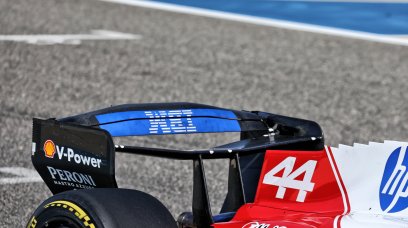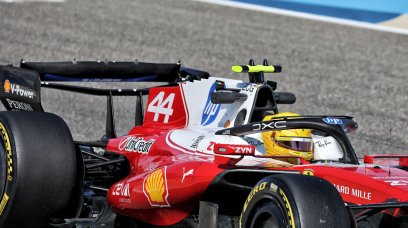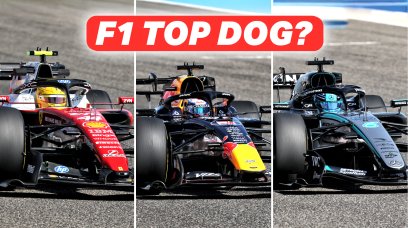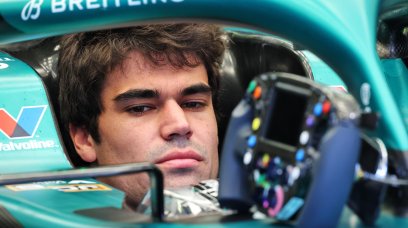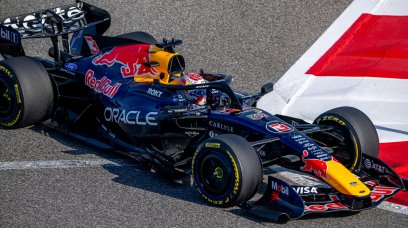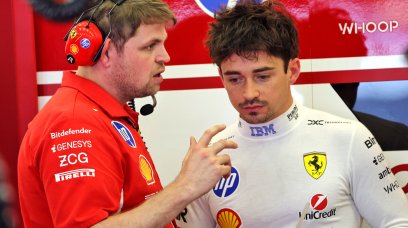One of the biggest scandals to rock the world of sport hit Formula 1 in 2009, when it emerged that Nelson Piquet Jr had been told to crash his Renault on purpose at the 2008 Singapore Grand Prix. What happened in the aftermath was an investigation by the FIA World Motorsport Council, several high profile personnel paying for it with their jobs, and a major sponsor walking away from the team. It was branded as one of the worst cases of cheating in sporting history, due to the potential lethal consequences that could have occurred between Piquet Jr, marshals, or spectators.
The origins of Crashgate
Renault was under pressure to deliver results after a lacklustre years in 2007 and 2008. Up until the Singapore GP the team had only scored one podium with Piquet Jr, while the Brazilian had suffered seven retirements which impacted their points in the Contstructors' standings. At Singapore their fortunes would change. Both drivers had qualified in fifteenth and sixteenth on the grid, and the team had opted to pit Alonso early on in the race. This meant that any Safety Car would hand an advantage to him, which is where Piquet Jr comes into the picture. On Lap 14 of the race he crashed his Renault into the wall at Turn 17, causing everyone to change strategy. The leaders pitted, including Felipe Massa and Lewis Hamilton, which handed the race to Alonso. It looked like the team had lucked into the win, but it would take 12 months before the truth would emerge.
What happened next?
Although there was allegedly some concerns over the legitimacy of the race result, it would not take until the sacking of Piquet Jr midway through the 2009 season for more information to emerge. The Brazilian was in contact with the FIA over the cheating scandal, with an investigation carried out which incriminated Team Principal Flavio Briatore and Executive Director Pat Symonds. The governing body released a statement in September 2009, which claimed: "a breach of Article 151c of the International Sporting Code, that the team conspired with its driver, Nelson Piquet Jr, to cause a deliberate crash at the 2008 Singapore Grand Prix with the aim of causing the deployment of the safety car to the advantage of its other driver, Fernando Alonso." The World Motorsport Council convened to gather evidence from all parties in early September, with Renault claiming that it would launch legal action against Piquet Jr and his father Nelson Piquet in both French and British Courts. This would subsequently be dropped by Renault and the team announced the departure of Briatore and Symonds: "The ING Renault F1 Team will not dispute the recent allegations made by the FIA concerning the 2008 Singapore Grand Prix. It also wishes to state that its managing director, Flavio Briatore and its executive director of engineering, Pat Symonds, have left the team." Article continues below photo.
The aftermath
Another subsequent extraordinary meeting was held at the World Motorsport Council which lasted 90 minutes, which resulted in the disqualification of Renault from F1 that was suspended for two years. Briatore was banned indefinitely from FIA-sanctioned events, while Symonds was handed a five-year ban in part because of his willingness to admit wrongdoing - although this was later lifted several years later. Alonso was cleared of any wrongdoing, while Piquet Jr was also granted immunity for giving evidence and was free to race in F1 again if he could find a drive. Much of the punishment of Briatore and Symonds was down to the testimony of "Witness X" - a Renault F1 employee that was present at the pre-race meeting where the plan was proposed but rejected the idea. It also led to the departure of major sponsor, Dutch bank ING, from the team who were reportedly paying £40 million per-year to have their logos on the cars. The aftermath of the whole saga still rumbles on to this day, namely in the legal action launched by Felipe Massa in an attempt to overturn the results of the 2008 Formula 1 Drivers Championship .
Most read
